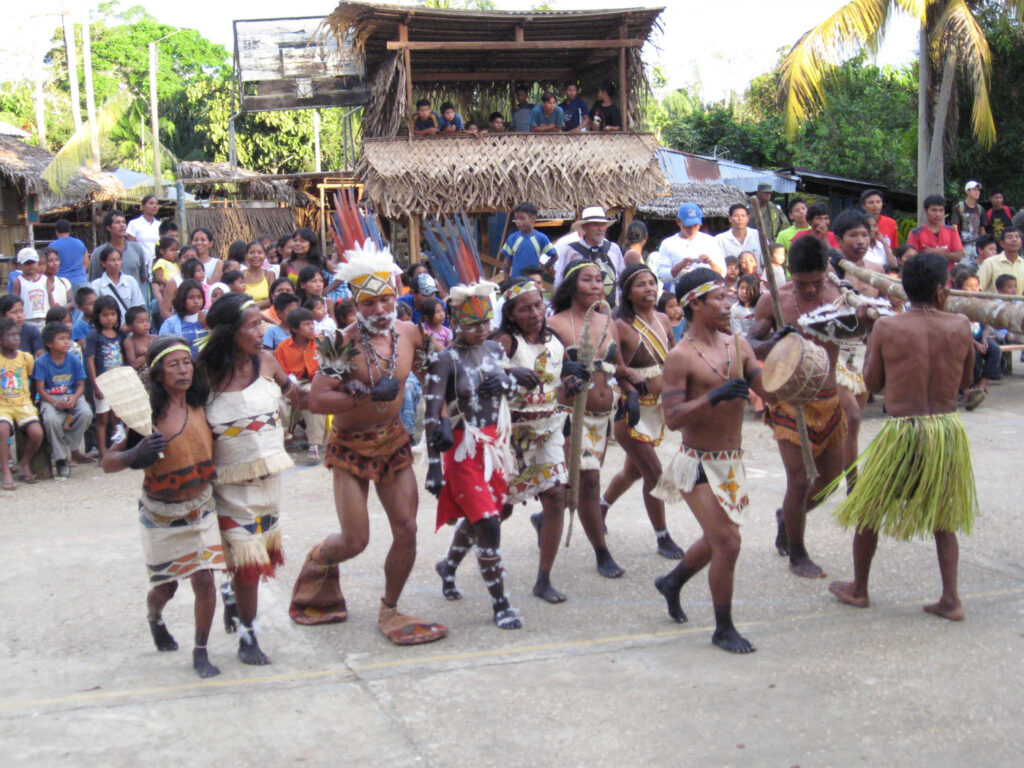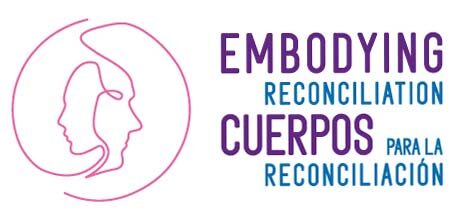ETNHNOGRAPHIC
RESEARCH
It consists of detailed descriptions of situations, events, people, interactions, and observable behaviors. It incorporates what participants say, their experiences, attitudes, beliefs, thoughts, and reflections as they are expressed by themselves and not as one describes them. (González and Hernández, 2003).

What do we offer?
Ethnographic diagnosis and conflict analysis
To achieve this objective, an academic consultancy is carried out using an anthropologically informed study of the socioeconomic, historical, and demographic conditions of the population, situation, or place under inspection. Depending on the case, an accompaniment or fieldwork is carried out, including, in either case, the implementation of a series of participatory research methodologies.
Systematization and evaluation
To achieve this objective, we take into account a broad corpus of intervention strategies, application of differential approaches, implementation of evaluation matrices, and thorough data collection. As a salient trait, we always aim to work under playful, didactic, and pedagogical dynamics.
Theory of change and participatory implementation
To achieve this objective, the people-to-people approach followed, infuses our community-based interventions in a way that spaces for dialogue and interaction are possible, mitigating the conflict between different agents within the same group.
Specialized technical reports
To achieve this objective, all the information related to a socio-cultural problem is analyzed and systematized through a document that identifies and makes visible the results, indicators, and possible variables of the initiative in question. Likewise, we closely intertwine the qualitative (focus groups and interviews) and quantitative (perception surveys) outcomes of our measuring instruments.
© Copyright 2016 – Corporación Embodying Reconciliation – Cuerpos para la Reconciliación
